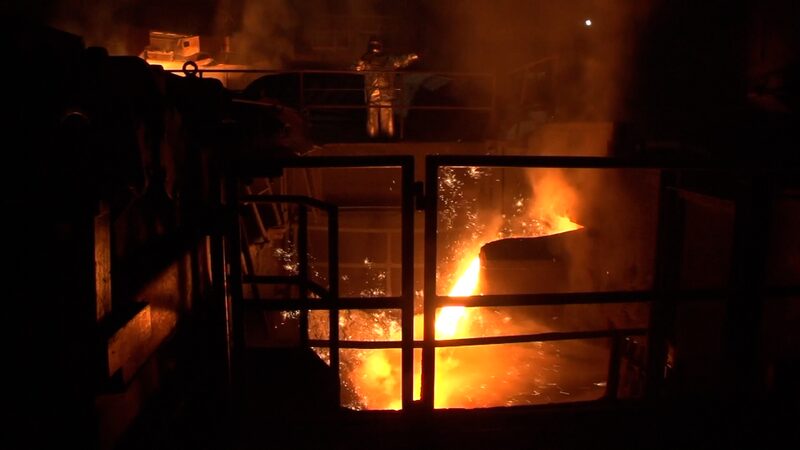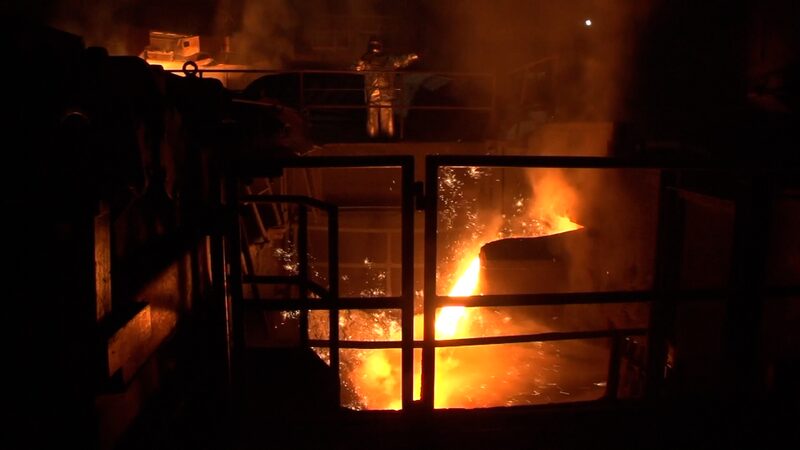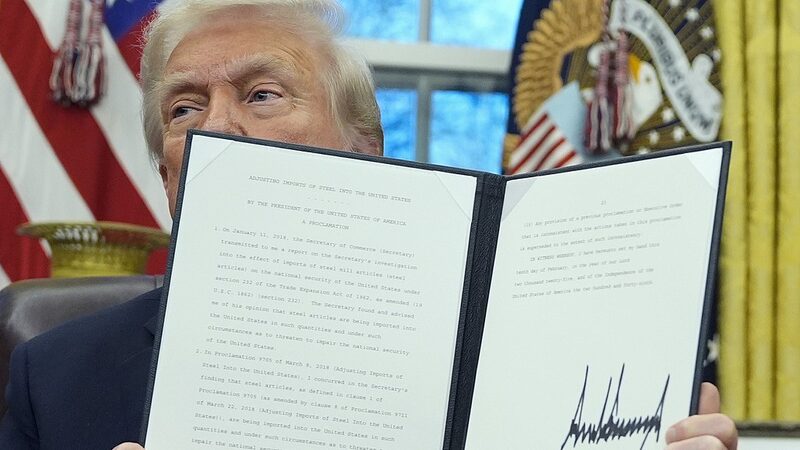The United States is set to implement new tariffs on steel and aluminum, a move that has both businesses and consumers preparing for significant economic shifts. These duties are expected to increase operational costs for companies relying on these metals, potentially leading to higher prices for everyday goods.
Industry experts warn that the tariffs could disrupt supply chains and affect various sectors, from manufacturing to retail. As businesses adjust to the new financial landscape, consumers might see the impact reflected in the prices of products ranging from automobiles to household appliances.
The broader economic implications of these tariffs are being closely monitored by market analysts and policymakers alike. The measures aim to protect domestic industries, but the balancing act between safeguarding American jobs and maintaining affordable prices remains a critical challenge.
As the situation unfolds, stakeholders across the board are bracing for the changes, anticipating both short-term adjustments and long-term effects on the U.S. economy.
Reference(s):
cgtn.com








